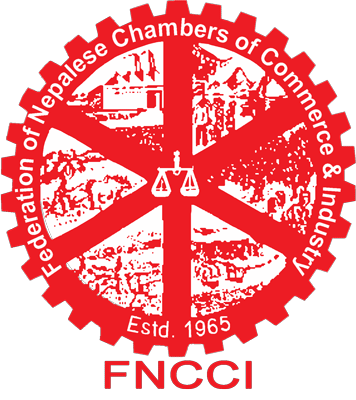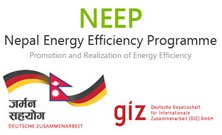Being a new topic in Nepal Energy Efficiency we are aware that appropriate information is merely essential to make its implementation successful. Therefore, we would like to encourage you to raise your questions using our FAQ section. Our pool of competent energy efficiency professionals will be answering these questions as soon as possible. Furthermore, you find the list of Frequently Asked Question (FAQ) below:
Have any Question?
This site provides detailed information about energy conservation for various sectors in Nepal. The learning section of EEC website contains material on energy management, case studies and best practices that were undertaken by Nepalese industries of various sectors; energy efficient equipments with their specifications and information on equipment manufacturers, vendor and suppliers; energy audit guidelines; energy audit instruments; jobs opportunities in the field of energy efficiency; useful websites where information on energy management is available. The site also informs about energy related news and events in Nepal (Seminars / Training Programmes / Conferences / Task Forces etc.) of FNCCI’s Energy Efficiency Centre. The site provides an open platform – the B2B Portal – to all for sharing experiences in energy conservation. The site provides information related to the importance of energy auditing; roles and responsibilities of energy manager and energy auditor in the industry.
Energy efficiency – also called efficient energy use - is the strategy of reducing the amount of energy required to provide products and services. There are many motivations to improve energy efficiency. Reducing energy use reduces energy costs and may result in a financial cost saving to the industries or other services provider which in its turn leads to lower production cost and, thus, higher profitability of a company. Implementing energy efficiency is not always related to costly investment. Generally, there are many no-cost and low-cost saving options found before investing in expensive energy-efficient technology. Energy efficiency is also seen as a solution to the problem of reducing emissions and environmental impact of industrial activities. According to the International Energy Agency, improved energy efficiency in buildings, industrial processes and transportation could reduce the world's energy needs in 2050 by one third, and help control global emissions of greenhouse gases. More practical information about how to implement energy efficiency you can find in our learning section.
An energy audit is an inspection, survey and analysis of energy flows in an industry, building, process or system aiming at the reduction of energy input into the system without negatively affecting the output. Energy audit involves a systematic study undertaken on major energy consuming sections and equipments to identify the flow of energy and energy saving opportunities. Energy audit identifies opportunities for financial savings by elimination of wasteful use of electricity, coal and fuel oil, without affecting the process or quality of product. A well-conducted energy audit would reveal the areas of wastage of energy and it would be possible to suggest saving of energy. Here you can find professional energy auditor in Nepal?
Our B2B Portal is freely open to all manufacturers and vendors of energy-efficient technologies. Manufacturers and vendors can display and promote their energy efficient equipment and instruments by giving the broad details and specifications of the equipment.
EEC website provides a large number of learning material on energy efficiency, energy management, and energy auditing. The learning section has differentiated information on energy saving potential for all energy-intensive sectors of Nepal as well as equipment-wise information on how to reduce energy consumption. The site highlights the need of energy management cell within the industry, energy audit and its benefits, roles and responsibilities of energy manager and energy auditors. Industry processes, best practices and case studies, Energy saving calculators, Energy saving measures for different industrial sectors and industrial equipment are available to the users.
The focus on energy efficiency related information of EEC website is set on major energy intensive industrial sectors of Nepal, namely: Hotel Pulp and Paper Cement Brick Cold storage Metal Food Soap and Chemicals Sector-wise energy efficiency information can be found in our learning section.



